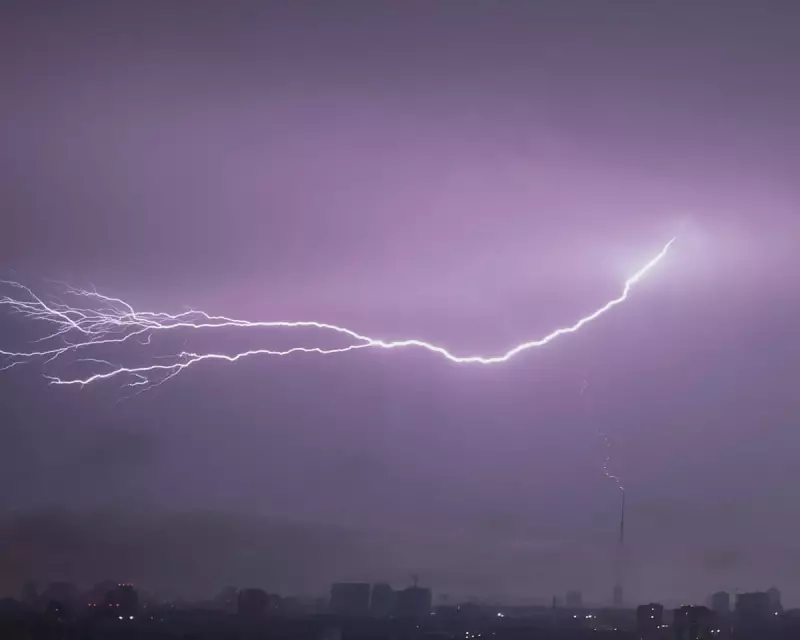
In an electrifying display of nature's power, the United States has officially broken the record for the longest lightning flash ever recorded. A staggering 515-mile-long bolt illuminated the skies, stretching from Texas to Mississippi in a single, breathtaking discharge.
The Record-Breaking Flash
Verified by the World Meteorological Organization (WMO), this extraordinary event occurred on 31 July 2025, surpassing the previous record of 477 miles set in Brazil. The megaflash lasted nearly 8 seconds, demonstrating the immense scale of atmospheric electrical activity.
How Scientists Measured the Phenomenon
Modern satellite technology played a crucial role in capturing this historic event:
- Geostationary satellites tracked the flash's entire path
- Advanced imaging systems confirmed the continuous nature of the discharge
- Ground-based lightning detection networks provided additional verification
What This Means for Weather Science
Meteorologists emphasize that such extreme lightning events are becoming more measurable rather than necessarily more frequent. The findings highlight:
- Improved detection capabilities of modern weather technology
- The need for updated safety protocols for long-distance lightning
- Important implications for understanding atmospheric electricity
Safety Implications
"This record demonstrates that lightning can travel far beyond what people typically expect," warned a WMO spokesperson. The organization reminds the public that the 30-30 rule remains crucial for safety: if thunder follows lightning within 30 seconds, seek shelter for at least 30 minutes.





